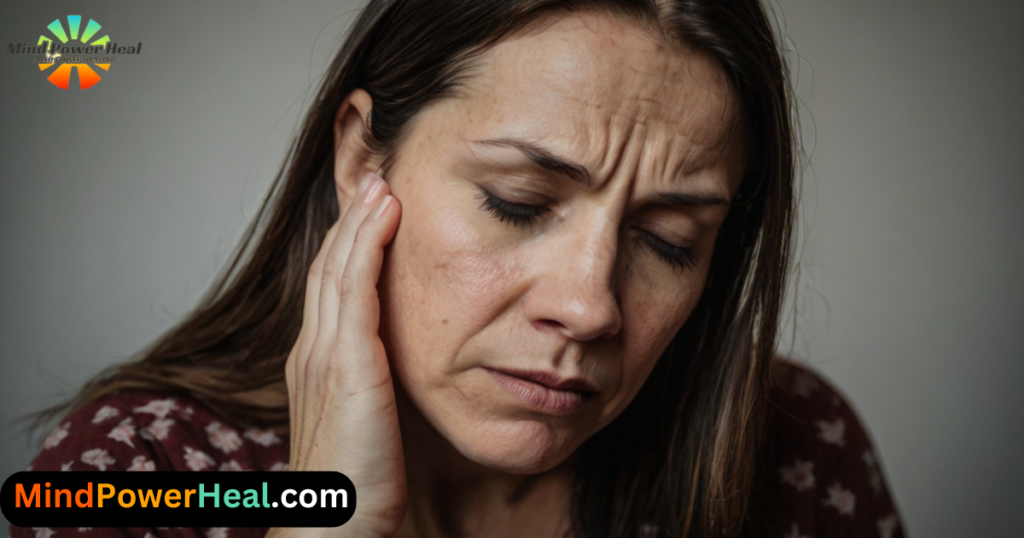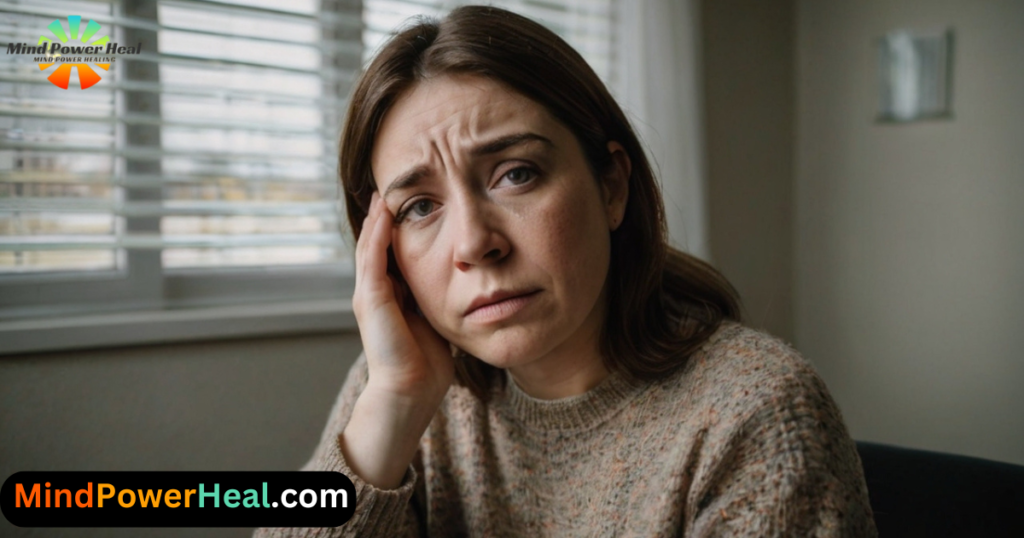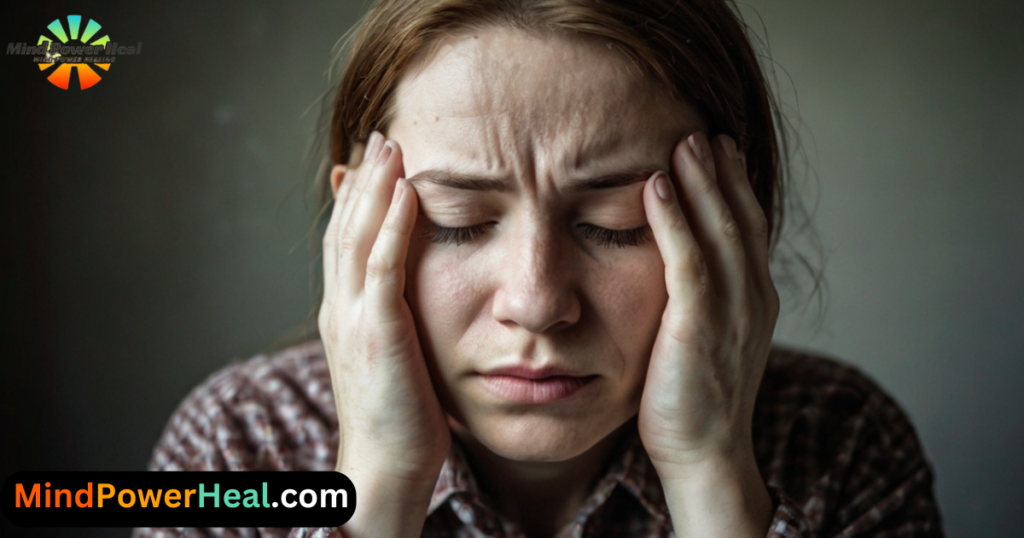Severe depression symptoms and treatment is characterized by persistent and intense feelings of sadness, hopelessness, and worthlessness. These feelings are more pronounced and last longer than in milder forms of depression. Here are the common symptoms of severe depression:
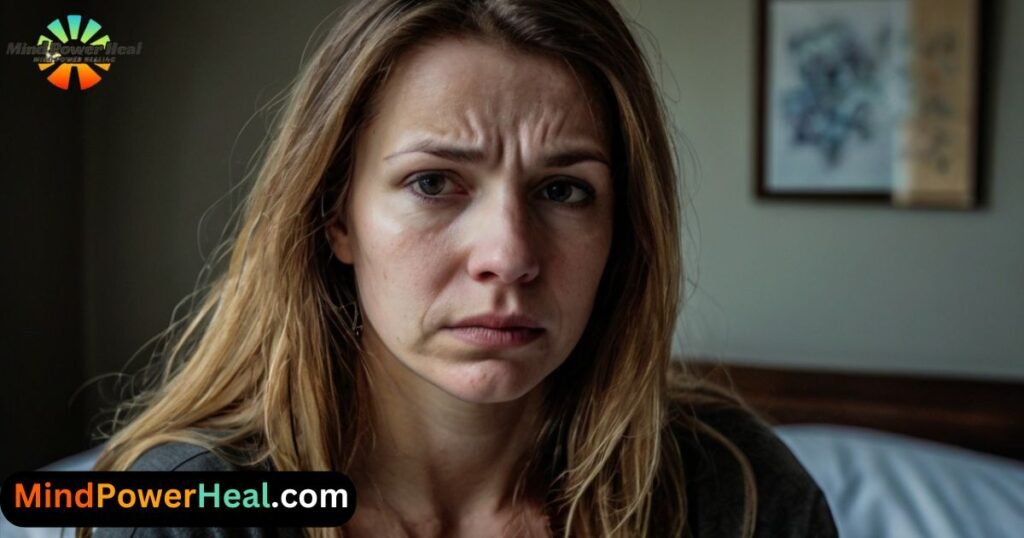
Introduction to Severe Depression Symptoms and Treatment
Severe depression, also known as major depressive disorder (MDD), is a debilitating mental health condition that affects millions of people worldwide. Unlike typical sadness or temporary emotional dips, severe depression is characterized by persistent and intense feelings of despair, hopelessness, and worthlessness that can significantly impair daily functioning. Recognizing the symptoms and understanding the treatment options available are crucial steps toward managing this condition and improving quality of life. This guide provides an in-depth look at the symptoms of severe depression and explores various treatment approaches to help individuals navigate their journey toward recovery of severe depression symptoms and treatment.
Severe Depression Symptoms
Severe depression symptoms and treatment is depended on the situation of the effective person like:
Persistent Sadness:
Continuous feelings of sadness, emptiness, or tearfulness.
Loss of Interest:
Marked disinterest or pleasure in almost all activities, including hobbies and daily activities.
Sleep Disturbances:
Insomnia or excessive sleeping (hypersomnia).
Appetite and Weight Changes:
Significant weight loss or gain unrelated to dieting.
Fatigue:
Extreme tiredness and lack of energy, even with minimal physical activity.
Feelings of Worthlessness or Guilt:
Unwarranted feelings of guilt or worthlessness.
Concentration Issues:
Difficulty thinking, concentrating, or making decisions.
Physical Symptoms:
Unexplained physical problems, such as back pain or headaches.
Psychomotor Changes: Agitation or a noticeable slowing down of thoughts and physical movements.
Suicidal Thoughts:
Recurrent thoughts of death, suicidal ideation, or suicide attempts.
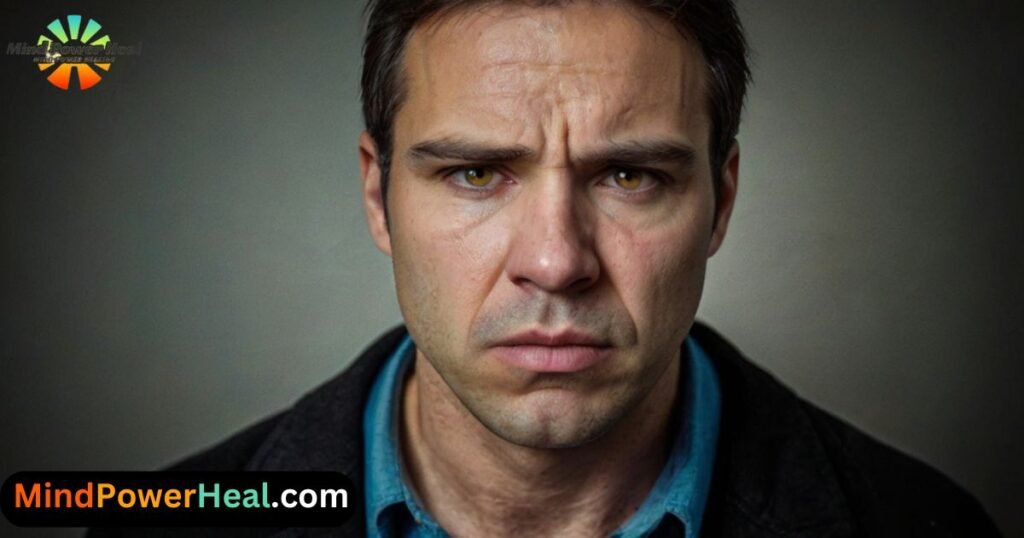
Treatment for Severe Depression
Effective severe depression symptoms and treatment for severe depression often involves a combination of therapies tailored to the individual’s needs. Here are the primary treatments used:
Medication:
Antidepressants:
SSRIs (Selective Serotonin Reuptake Inhibitors), SNRIs (Serotonin-Norepinephrine Reuptake Inhibitors), tricyclic antidepressants, and MAOIs (Monoamine Oxidase Inhibitors) are commonly prescribed.
Augmentation Agents:
Sometimes, other medications like mood stabilizers, antipsychotics, or anxiolytics are added to the treatment plan.
Psychotherapy:
Cognitive Behavioral Therapy (CBT):
Focuses on changing negative thought patterns and behaviors.
Interpersonal Therapy (IPT):
Addresses interpersonal issues and aims to improve relationships and social functioning.
Dialectical Behavior Therapy (DBT):
Combines CBT with mindfulness strategies.
Psychodynamic Therapy:
Explores unconscious patterns and past experiences.
Electroconvulsive Therapy (ECT):
Used in severe cases where other treatments have failed, ECT involves electrical stimulation of the brain while the patient is under anesthesia.
Transcranial Magnetic Stimulation (TMS):
A non-invasive procedure that uses magnetic fields to stimulate nerve cells in the brain.
Lifestyle Modifications:
- Regular exercise, a healthy diet, sufficient sleep, and avoiding alcohol and drugs.
Support Groups and Peer Support:
- Joining support groups can provide a sense of community and understanding.
Hospitalization or Intensive Outpatient Programs:
- In cases of severe symptoms or suicidal risk, hospitalization may be necessary to ensure safety and provide intensive treatment.
Mind Power Healing for severe depression symptoms and treatment:
Mind power healing involves using mental and emotional techniques to alleviate symptoms and promote recovery. Key methods include:
Visualization:
Imagining positive outcomes and a state of well-being to shift focus away from negative thoughts.
Affirmations:
Repeating positive statements to counter negative self-talk and reinforce self-worth.
Mindfulness and Meditation:
Practicing mindfulness to stay present and reduce stress, combined with meditation to calm the mind.
Cognitive Restructuring:
Identifying and changing negative thought patterns to improve mental health.
Positive Thinking:
Cultivating an optimistic mindset to combat feelings of hopelessness.
These techniques can be used alongside traditional treatments to enhance overall mental health and well-being.
Conclusion
Severe depression is a challenging condition marked by profound and persistent symptoms that impact daily life and overall well-being. Recognizing these symptoms is crucial for seeking timely intervention. While traditional treatments like medication and psychotherapy are effective, incorporating mind power healing techniques can offer additional support. Practices such as visualization, affirmations, mindfulness, meditation, cognitive restructuring, and positive thinking can empower individuals to harness their mental strength and foster a sense of control over their mental health. Combining these holistic approaches with conventional therapies provides a comprehensive strategy for managing severe depression and promoting lasting recovery.

Google Suggested Questions severe depression symptoms and treatment
1. What are the signs of severe depression?
- Signs of severe depression include persistent sadness, loss of interest in activities, changes in sleep and appetite, fatigue, feelings of worthlessness or guilt, difficulty concentrating, physical symptoms, psychomotor changes, and suicidal thoughts.
2. How long does severe depression last?
- The duration of severe depression varies. It can last for weeks, months, or even years if untreated. Treatment can significantly reduce the duration and severity of symptoms.
3. What is the best treatment for severe depression?
- The best treatment for severe depression is often a combination of medication and psychotherapy tailored to the individual’s needs. In some cases, treatments like ECT or TMS may be recommended.
4. Can severe depression be cured?
- While there is no cure for depression, many people with severe depression can achieve remission and lead fulfilling lives with appropriate treatment. Management and maintenance strategies are crucial to prevent relapse.
5. When should someone with severe depression seek help?
- Immediate help should be sought if there are symptoms of severe depression, especially if there are suicidal thoughts or behaviors. Early intervention can improve the prognosis and quality of life.
6. How does severe depression affect daily life?
- Severe depression can significantly impact daily life, making it difficult to perform routine activities, maintain relationships, work, or even take care of personal hygiene and health.
7. What causes severe depression?
- Severe depression can be caused by a combination of genetic, biological, environmental, and psychological factors. Stressful life events, medical conditions, and substance abuse can also contribute.
8. Is severe depression the same as bipolar disorder?
- No, severe depression is not the same as bipolar disorder. While both can involve depressive episodes, bipolar disorder includes periods of mania or hypomania, which are not present in major depressive disorder.
These responses provide a comprehensive overview of severe depression, covering both symptoms and treatment options. If you have more specific questions or need personalized advice, consulting a healthcare professional is recommended.

